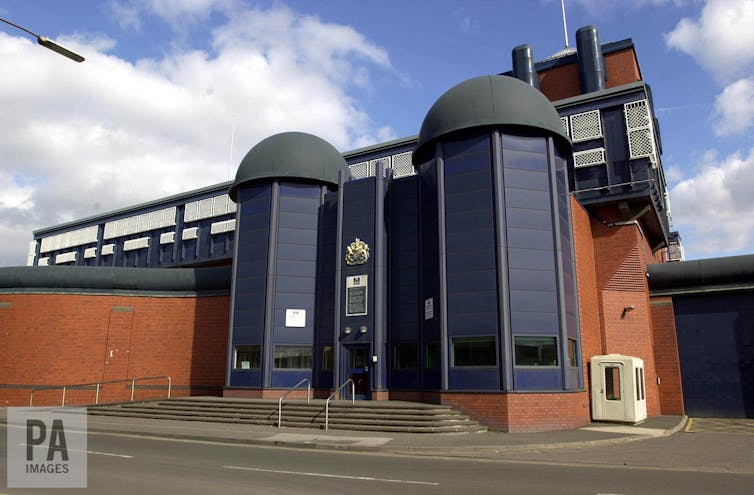There have been numerous reports of riots and violent clashes in UK prisons this year. It’s always difficult to pinpoint the causes of such flash-points, but an outbreak of violence at the privately run HMP Birmingham in September suggests that the prison smoking ban could be partially to blame after prisoners were reportedly heard chanting “we want burn” – which is slang for tobacco. The private company that runs the prison (G4S) and the Prison Service have not confirmed that this was the cause of the riot but the reports raise some interesting questions.
All high security prisons implemented a smoking ban in August 2017 and others went smoke-free before that date. But with about 80% of all prisoners being smokers, it is no surprise that reports of violence, riots and general unrest have been frequent in recent months. In fact, signs of the potentially negative impact of the ban have been around for a while. For instance, an independent report on a ban at HMP Cardiff highlighted a dramatic increase in violence.
Understandably, it is neither in G4S’s commercial or the government’s political interests to admit that the smoking ban was in part responsible for what happened at HMP Birmingham. Both released vague statements about the situation being under control, with nothing being said about why it had occurred.

But placing a smoking ban in the context of today’s highly volatile prison system shows that it may have been badly timed. Although prisoners were encouraged to seek support in order to quit smoking and therefore prepare for the ban, staff shortages and overcrowding may limit what staff can do in this respect. The aforementioned report on HMP Cardiff, for example, suggested that some of the violence could have been linked to withdrawal-related stress.
Other research found that vulnerable groups found it especially difficult to quit smoking, as it was often used as a way of coping with stress. Prisoners are vulnerable in numerous ways – many have complex mental health needs, have been excluded from school and are socio-economically disadvantaged. Combine all this and what you have is a volatile, highly-charged environment – and the smoking ban may have just been the spark that set off the explosion of violence.
A complex role in prison life
It is important to understand that tobacco has traditionally been an integral part of prison life. Cigarettes have been used as a currency and smoking has been used as a way to pass the time with fellow prisoners or on one’s own. Simply banning smoking does not address its complex role within the prison society and economy.
It cannot be denied that smoking is harmful, both to prisoners and to prison staff. But what is needed is a fundamental change in the prison system. We need more – and better trained – staff, more focus on rehabilitation, better mental health services (both inside and out of prison) and a decrease in the prison population. These wide-ranging issues were recognised in Lord Farmer’s review on prisoners’ family links.
Without such a comprehensive program of reform, a smoking ban will achieve little and may in fact prove to be dangerous. A black market in cigarettes and other nicotine products could contribute to further violence as prisoners get into greater debt. Prisoners may turn to impure or otherwise dangerous forms of tobacco or other illegal drugs. For example, a report of the Independent Monitoring Board on HMP Dartmoor found that following a ban on smoking there, there was a sharp spike in the use of drugs and an increase in hospitalisations of prisoners.
It is still early days and time will tell whether the smoking ban will last. It is entirely possible that, due to staff shortages and overcrowding, officers will simply turn a blind eye to prisoners smoking in their cells in order to maintain peace. What this policy has highlighted, however, is that we need to take prison reform seriously. It is perhaps time for the government to give due consideration to Lord Farmer’s key recommendations of more staff and better funding.

